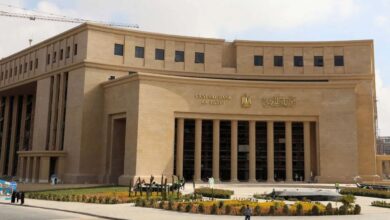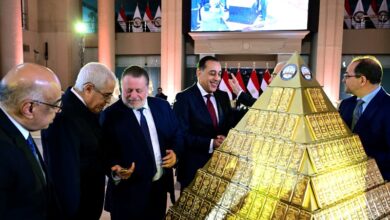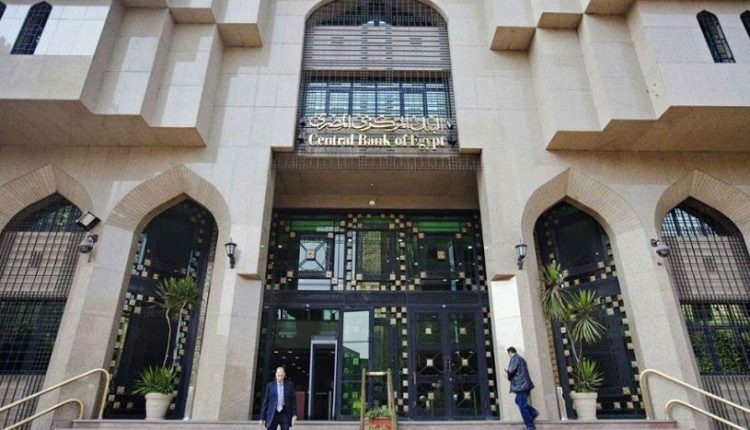Egypt’s central bank kept its benchmark interest rate at the lowest level in more than four years with the aim of helping the economy after the popular uprising that ousted Hosni Mubarak.
The Monetary Policy Committee left the key overnight deposit rate at 8.25 percent and the overnight lending rate at 9.75 percent, the central bank said on its website. All five economists surveyed by Bloomberg anticipated the decision.
The turmoil that accompanied the overthrow of Mubarak in February may slow economic growth to 1 percent in 2011, the lowest rate in almost two decades, the International Monetary Fund says. The annual inflation rate in urban parts of Egypt declined in June to 11.8 from about 11.9 percent in May as food prices rose at a slower pace.
“The rates are maintained in an effort to support investments,” said Mona Mansour, co-head of research at Cairo- based investment bank CI Capital. “It isn’t very much possible to cut the interest rates when inflation is still high.”
Since the uprising, tourists have fled, foreign investors dumped Treasury bills and factory output was hit by protests and strikes. The benchmark EGX 30 stock index is down 28 percent this year.
The economy shrank an annual 4.2 percent in the quarter that ended in March and investment plunged 26 percent. Previous governments have said they need growth of about 7 percent to create enough jobs for a growing working-age population.
Cairo and other cities have witnessed a fresh wave of protests this month demanding faster change from the army generals who took over from Mubarak. Demands include the prosecution of former officials accused of corruption and involvement in the killing of demonstrators, and an end to military trials of civilians.
The central bank has kept its benchmark interest rate on hold since September 2009.




